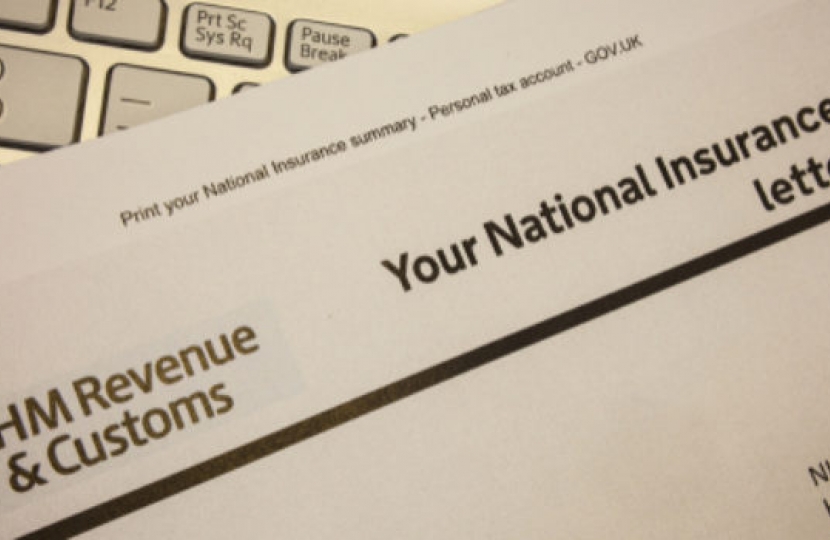
No MP wants to break a manifesto promise. But last week, as the Prime Minister acknowledged in the House of Commons, the promise made in the Conservative manifesto not to increase tax, National Insurance (NI) or VAT was broken, with a 1.25% rise in NI to put more money into the NHS and social care.
The Government also paused for a year the manifesto commitment on the pensions ‘triple lock’, by which pensions should increase each year by average wages, prices or 2.5% (whichever is higher). I well remember the public anger when the Liberal Democrats went back on their pledge not to raise tuition fees – something they are still criticised for now – but in last week’s cases, I’m hoping Herald readers will understand why the decisions were necessary.
Before Covid, the Government had committed to the largest cash settlement in NHS history – an extra £33.9 billion a year by 2023-24. Covid meant that more money was given to the NHS, but it also saw the Government spending over £400 billion on protecting people’s jobs and livelihoods. As we emerge from Covid we are faced with several different challenges.
One is a backlog of NHS treatments that could not take place while the NHS was dealing with the pandemic. Another is the need to have a plan to pay back the money that was borrowed for the Covid response. And, while there are other challenges for future columns, a third is the need to reform social care – which was also one of our manifesto pledges – and to put more money into it.
The Government has chosen to do this via a National Insurance rise having evaluated different options. Borrowing more money would mean an even higher debt for our children and grandchildren. Unlike NI, Income Tax is not paid by businesses, so it would need to take even more from individuals. Capital Gains Tax would not raise enough. And VAT falls disproportionately on the poorest because they spend a higher proportion of their incomes on goods.
The NI rise will mean an additional £12 billion being given to the NHS and social care; in the first 3 years the lion’s share going to the NHS to support 9 million treatments and help clear the backlog.
On the ‘triple lock’, 2020 economic conditions and furlough meant wages fell last year, but are bouncing back by close to 9% this year. I don’t think most people would think it’s fair to raise pensions by 9% on this basis. Pensions will instead rise by either 2.5% or prices, which are expected to be higher than 2.5%.
They are both difficult decisions, but ones I think most people will understand the reasoning behind.
